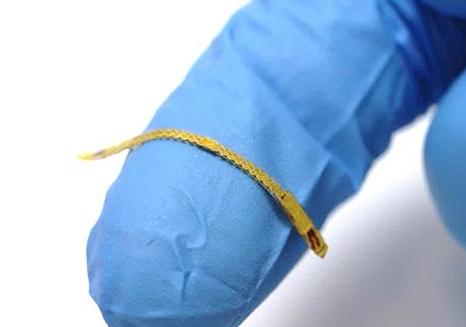If there is one thing human beings know best, it’s how to scale up on a rather consistent basis. You see, we can go ahead and clock a host of milestones, but the truth is that we’ll always have a chance to do one better under some capacity. Such an open-ended dynamic has expectantly cleared the way for us to achieve a lot. However, despite the high volume, we are still yet to achieve anything as significant as technology. The reason why technology gets to be the ultimate winner here has a lot to do with the way it impacted our entire spectrum. It was almost like the creation had something for each and every area. Now, when that’s really the case, you can, of course, expect a flurry of beneficiaries, except none needed their technology boost more than our healthcare sector did. Plagued by obsolete methods, the global healthcare sector was literally running on fumes before linking-up with technology. Nevertheless, once a shift in approach was inculcated, the whole outlook of it changed big time. The world suddenly had the most patient-centric methods at its disposal. In fact, even after conceiving a fair amount of them, we would keep looking for improved avenues, and one recently-developed device emerges as a clear iteration of the same.
The researching team at Georgia Institute of Technology has successfully developed a smart stent, which can be used to monitor hemodynamic parameters. According to certain reports, the device is mainly constructed for patients who are suffering from cardiovascular issues, as it helps in their constant monitoring, therefore eliminating any need to go through repeated angiograms. Talk about eliminating needs, the device is notably predicated upon magnetic field technology. This ensures a move away from the usual wired systems, and the said factor alone turns the entire process a lot more convenient. It’s not to say that stents themselves are a unique idea by any means. However, up until now, they never came forward to deliver meaningful data over their effectiveness. Georgia Institute’s latest brainchild solves this conundrum by keeping soft sensors at the heart of the overall take. The technology’s structure makes it an interesting tool for other aspects of healthcare as well.
“Basically, you can put this sensor system anywhere inside the body,” said Woon-Hong Yeo, a researcher involved in the study. “The other thing about this technology platform is, in addition to being an implantable sensor system, it can be used as a wearable system. Think about a smartwatch and how much of its bulk is taken up by circuits or batteries. If you remove all of that, you have a device that is thinner than a typical Band-Aid, an almost invisible health monitor that you can wear anywhere.”


















